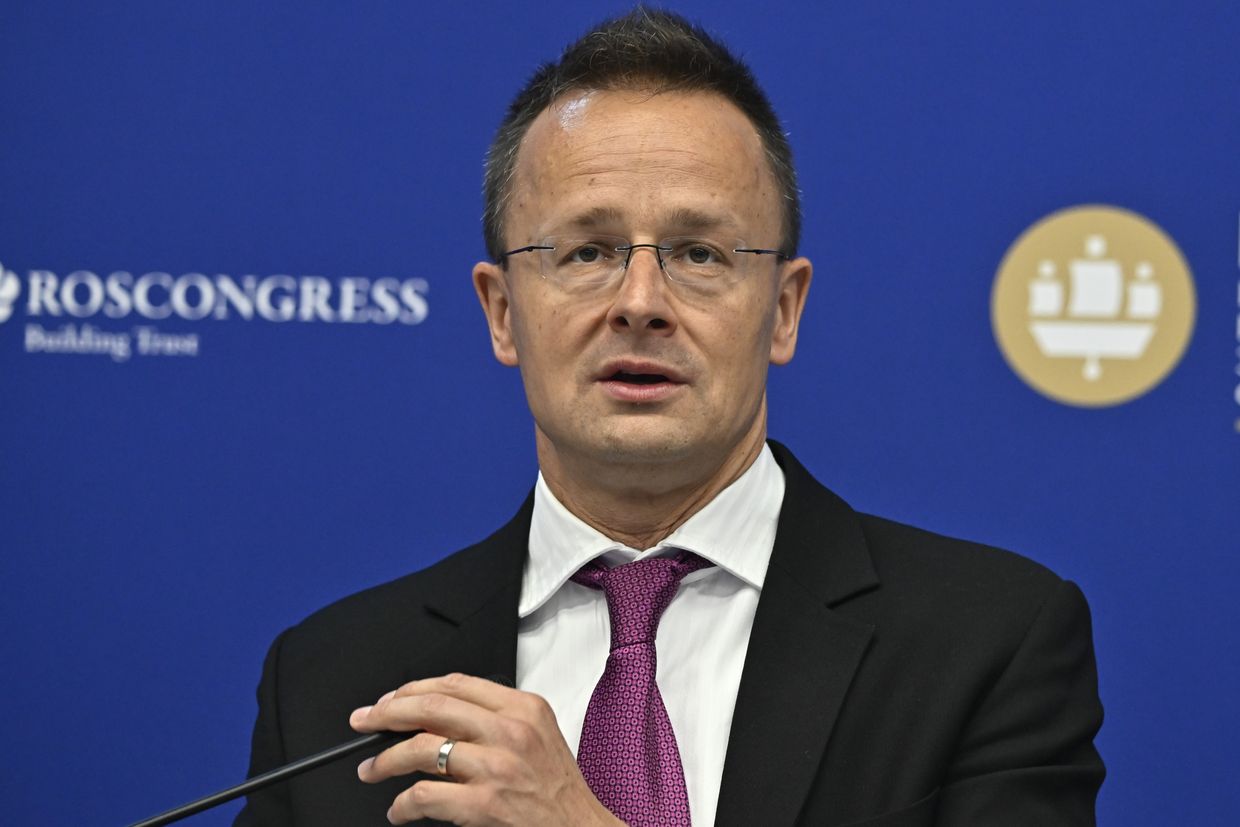Hungary quietly takes record $1 billion loan from Chinese banks

Budapest took a 1 billion euro ($1 billion) loan, the largest one ever taken by the state, from three Chinese banks in the spring of 2024, Politico reported on July 25, citing the data of the Hungarian Debt Management Office.
Hungary's record loan came amid a record increase in its public debt to 140 billion euros ($152 billion), 73.5% of GDP, and a budget deficit of 6.7% of GDP, while the country has no access to European Union funds due to disputes with Brussels.
The loan, provided by the China Development Bank, the Export-Import Bank of China, and the Hungarian branch of the Bank of China, was fully drawn on April 19 and must be repaid within three years, according to Politico.
The loan agreement allows financing investments in the infrastructure and energy sectors, among other sectors, while keeping the ratio of public debt to GDP within the limit of 28.9%, the media outlet added, citing the government agency.
Budapest did not announce the deal. It was revealed only after data from the government's debt agency was published this summer. The agency does not disclose other loan details, including the interest rate and repayment schedule.
Hungary is actively deepening its ties with China, as evidenced by Xi Jinping's visit to Budapest in May, during which the two sides signed several agreements on infrastructure projects. Hungarian Prime Minister Viktor Orban also visited Beijing during his so-called "peace mission" in July.
Orban's rogue diplomatic efforts, namely his meetings with Russian and Chinese leaders Vladimir Putin and Xi Jinping under the EU presidency logo, drew ire across the EU.
Brussels stressed that despite Hungary's ongoing chairmanship of the Council of the EU, the trips have not represented the European bloc.
The European Commission on July 15 announced that it would reduce its participation in informal meetings planned by Hungary during its EU presidency following Orban's "peace mission."
The commission will also skip the traditional visit of its commissioners to the country holding the presidency.
Hungary, broadly seen as the most Kremlin-proximate EU member, has repeatedly obstructed aid for Ukraine on account that it "prolongs" and "escalates" the ongoing war.














